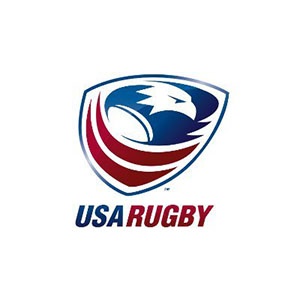
USA Rugby outlines protocols for clubs on return to play
USA Rugby has released guidelines for clubs to follow as they consider returning to play in the wake of relaxed US coronavirus pandemic stay-at-home regulations.
Register your interest for the British & Irish Lions tickets in South Africa 2021
The Return To Play Guidelines, to be implemented starting on Monday, do not offer medical advice or regulations but direct guidance from sport and health officials.
Ideas include temperature checks with those over 99.6 5°F (37.5°C) directed not to participate in group activities, avoiding carpools, showering at home, social distancing on celebrations and minimal training group sizes.
"Given the close contact nature of rugby, it is important to note that our sport lives beyond most when it comes to the threat of spreading respiratory diseases," USA Rugby said.
"The collective rugby community must remain patient and considerate through this process. While we are all eager to return to rugby, the well-being of our friends, family and teammates must remain priority. It is on all of us to acknowledge responsibility and do our part to combat the spread of Covid-19."
The USA Eagles remain scheduled to compete in the Americas Rugby Championship against Canada and four South American clubs starting 15 August.
The national governing body's notable club squads in Major League Rugby have already called off the remains of their 2020 campaign after each team had played five games. The Colorado Raptors withdrew from MLR earlier this month, leaving the league at 11 teams.
The USA Rugby guidelines emphasised teams should follow local health officials’ recommendations when making plans to return, using protocols from the Centres for Disease Control and World Rugby.
"High-risk physical contact, where players are in very close proximity (such as scrum or face-to-face tackle), most likely poses a greater risk should one player be an infected person," the protocols state.
"Should a team-mate from high-risk physical contact or opposition player in a recent match develop an infection, all of those who have participated in the high-risk contact are likely to require isolation and testing."